EU freezes assets in major crackdown against notorious cyber gangs
Six individuals and three organisations behind WannaCry, NotPetya and Cloud Hopper are being targeted by sanctions
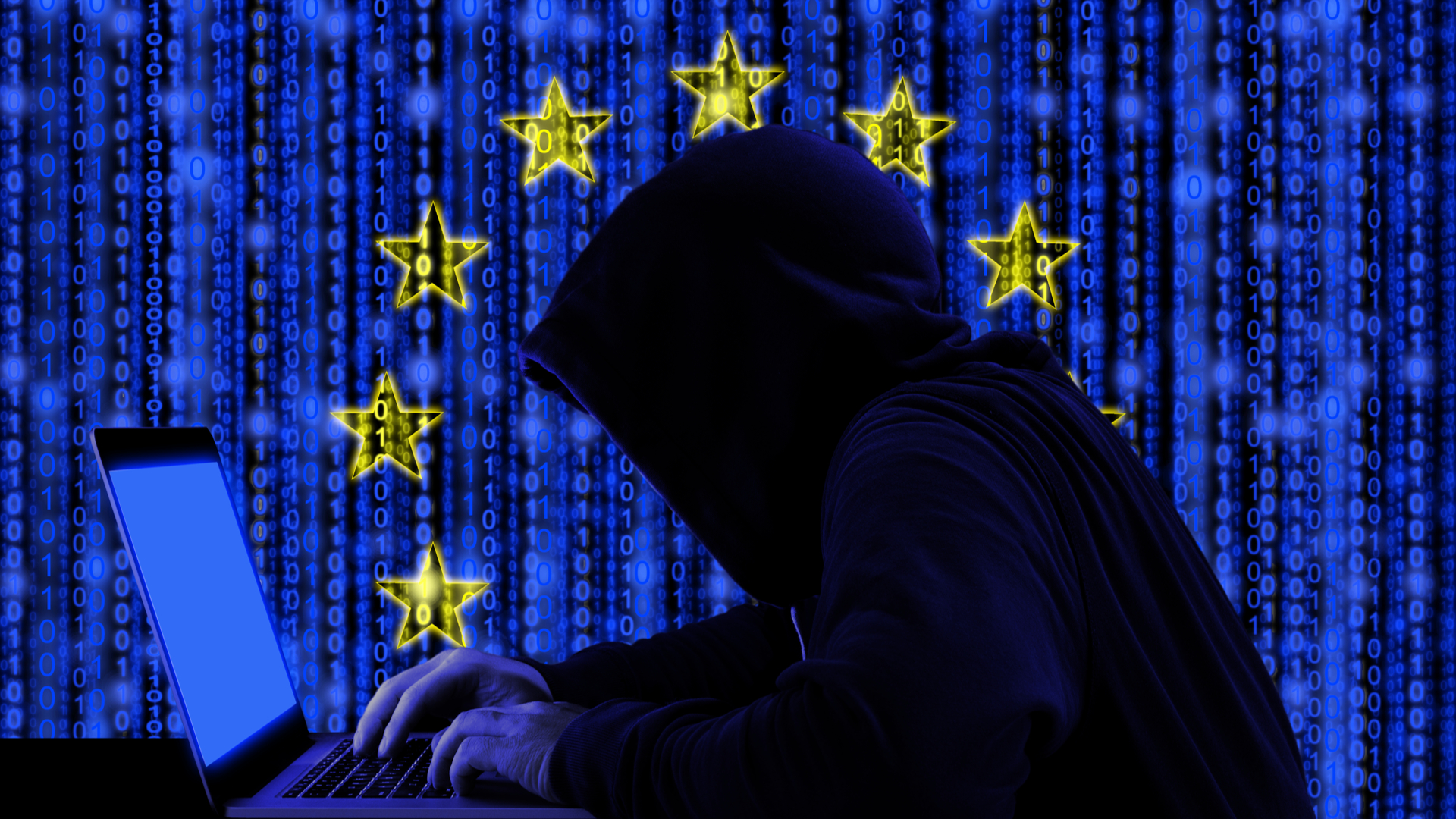

The EU has issued sanctions against individuals and organisations associated with the world’s most notorious hacks for the first time, with the aim of restricting resources and deterring them from future attacks.
Individuals highlighted by a European Council legal document face asset freezes and travel bans as part of a package of measures that comprise a fightback against some of the most dangerous cyber threats facing European countries.
This is in addition to a ban on any other individuals or companies from conducting business with or providing funds to those mentioned in the report. So far six individuals and three organisations are listed.
Those included are said to be behind the devastating WannaCry, NotPetya and Operation Cloud Hopper campaigns.
“Sanctions are one of the options available in the EU’s cyber diplomacy toolbox to prevent, deter and respond to malicious cyber activities directed against the EU or its member states, and today is the first time the EU has used this tool,” the European Council said.
“In recent years, the EU has scaled up its resilience and its ability to prevent, discourage, deter and respond to cyber threats and malicious cyber activities in order to safeguard European security and interests.”
The sanctions aim to deter cyber criminals from carrying out malicious campaigns, and follows the establishment of a framework in June 2017, giving EU member states the power to use such measures against organisations and individuals.
Get the ITPro daily newsletter
Sign up today and you will receive a free copy of our Future Focus 2025 report - the leading guidance on AI, cybersecurity and other IT challenges as per 700+ senior executives
Gao Qiang and Zhang Shilong, as well as the Huaying Haitai Science and Technology Development Co Ltd, have been identified as being behind Operation Cloud Hopper which targeted businesses in December 2018.
IBM and HPE were reportedly among those targeted by the cyber campaign which mainly arose through a malware known as Quasar RAT, with the aim being to steal corporate secrets for competitive advantage. Huaying Haitai is charged with providing financial, technical or material support for Operation Cloud Hopper.
RELATED RESOURCE
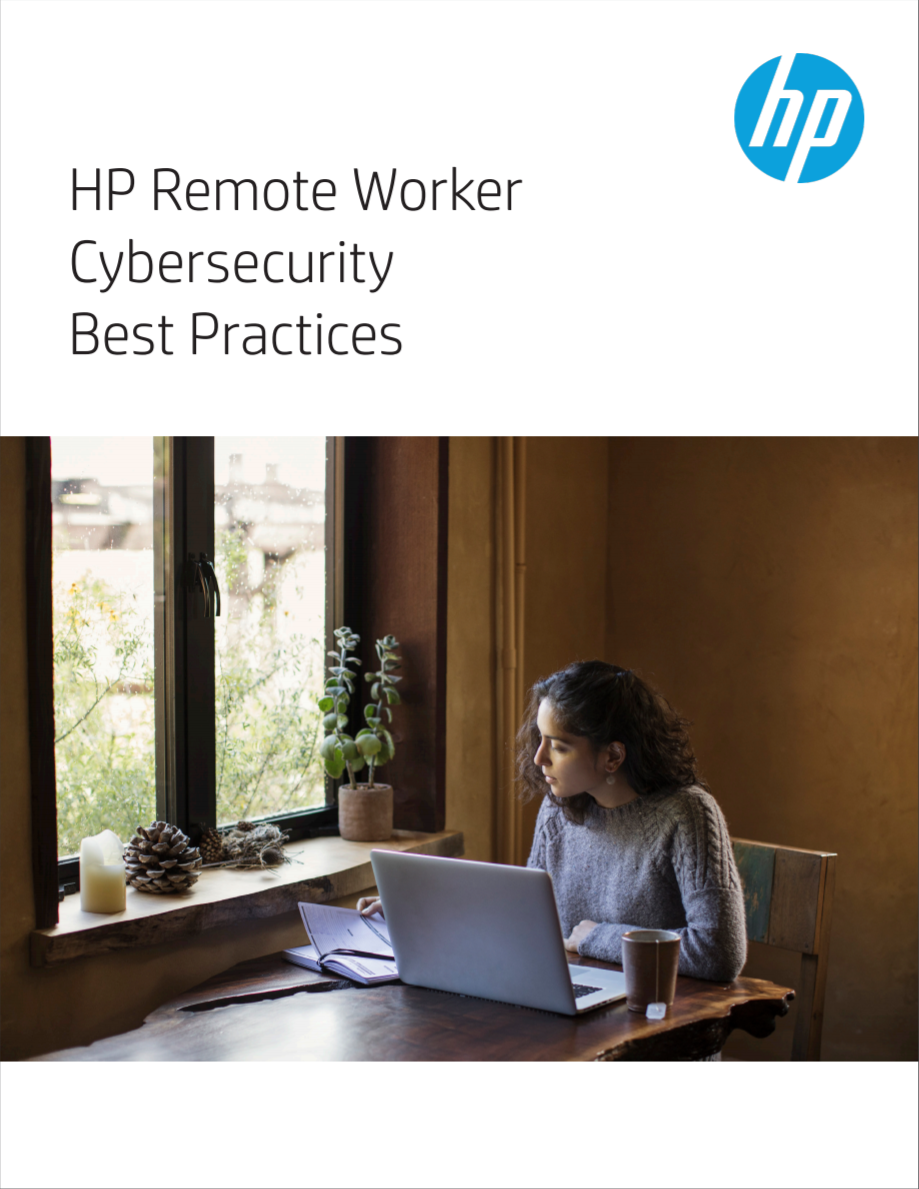
Remote worker cybersecurity best practices
Strategies and tips to follow, helping to secure your workforce
The special technologies branch of the GRU, the Russian armed forces, is also included in the report and has been implicated in several cyber attacks, including the NotPetya campaign. Individuals listed in the legal document, who are also members of the GRU, include Alexey Minin, Aleksei Morenets, Evgenii Serebriakov and Oleg Sotnikov.
These attacks rendered data inaccessible for a number of companies by targeting machines with ransomware in June 2017. The infamous attacks against the Ukrainian power grid in 2015 and 2016 were also as a result of NotPetya.
The WannaCry attack, which inadvertently devastated the NHS, was facilitated in-part by Chosun Expo, which provided financial, technical or material support to the hackers, according to the European Council.
The cyber crime outfit known as the Lazarus Group, or APT38, has been associated with the North Korean-linked Chosun Group by European officials.

Keumars Afifi-Sabet is a writer and editor that specialises in public sector, cyber security, and cloud computing. He first joined ITPro as a staff writer in April 2018 and eventually became its Features Editor. Although a regular contributor to other tech sites in the past, these days you will find Keumars on LiveScience, where he runs its Technology section.
-
 Should AI PCs be part of your next hardware refresh?
Should AI PCs be part of your next hardware refresh?AI PCs are fast becoming a business staple and a surefire way to future-proof your business
By Bobby Hellard
-
 Westcon-Comstor and Vectra AI launch brace of new channel initiatives
Westcon-Comstor and Vectra AI launch brace of new channel initiativesNews Westcon-Comstor and Vectra AI have announced the launch of two new channel growth initiatives focused on the managed security service provider (MSSP) space and AWS Marketplace.
By Daniel Todd
-
 Three ways to evolve your security operations
Three ways to evolve your security operationsWhitepaper Why current approaches aren’t working
By ITPro
-
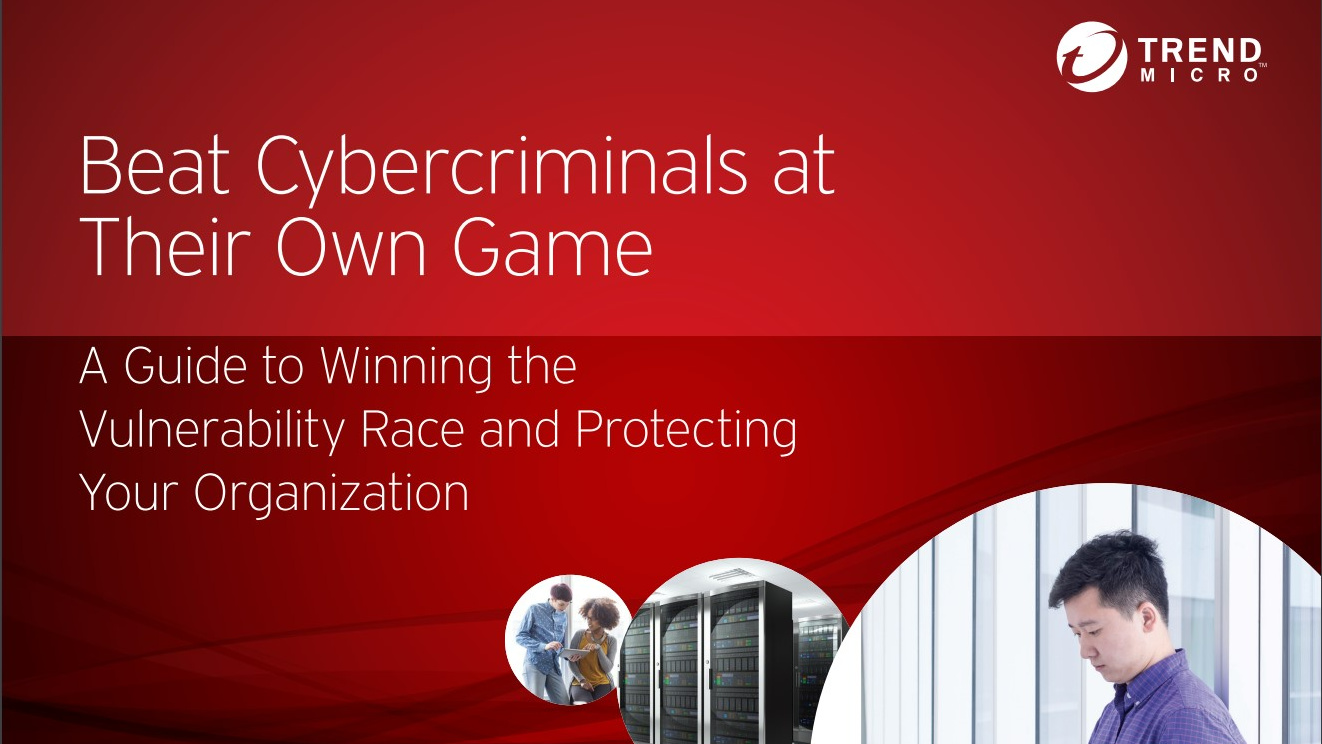 Beat cyber criminals at their own game
Beat cyber criminals at their own gameWhitepaper A guide to winning the vulnerability race and protection your organization
By ITPro
-
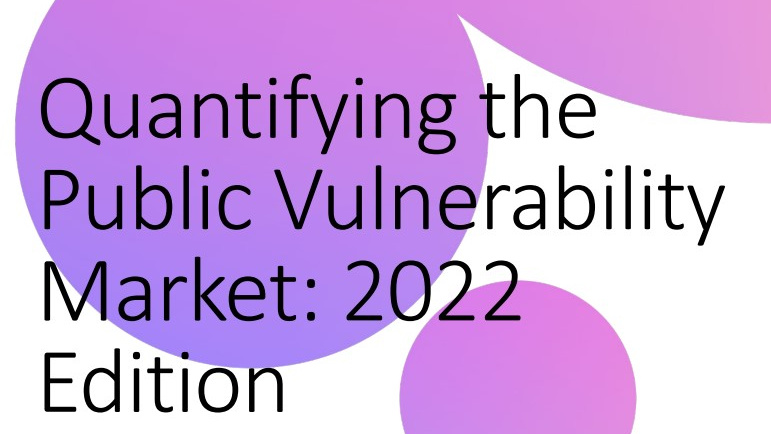 Quantifying the public vulnerability market: 2022 edition
Quantifying the public vulnerability market: 2022 editionWhitepaper An analysis of vulnerability disclosures, impact severity, and product analysis
By ITPro
-
 Same cyberthreat, different story
Same cyberthreat, different storyWhitepaper How security, risk, and technology asset management teams collaborate to easily manage vulnerabilities
By ITPro
-
 Business value of ServiceNow security operations
Business value of ServiceNow security operationsWhitepaper Experience transformational gains from automating workflows and data-sharing among IT, security, and risk teams to rapidly remediate threats
By ITPro
-
 Cybercriminals are resilient. How about you?
Cybercriminals are resilient. How about you?Whitepaper Stay ahead of those agile bad actors
By ITPro
-
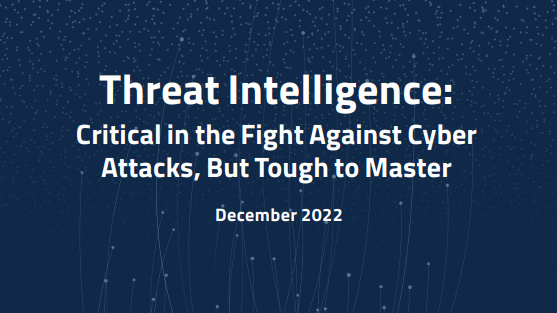 Threat Intelligence: Critical in the fight against cyber attacks, but tough to master
Threat Intelligence: Critical in the fight against cyber attacks, but tough to masterWhitepaper Discover why many claim Threat Intelligence is extremely important in protecting their company and data
By ITPro
-
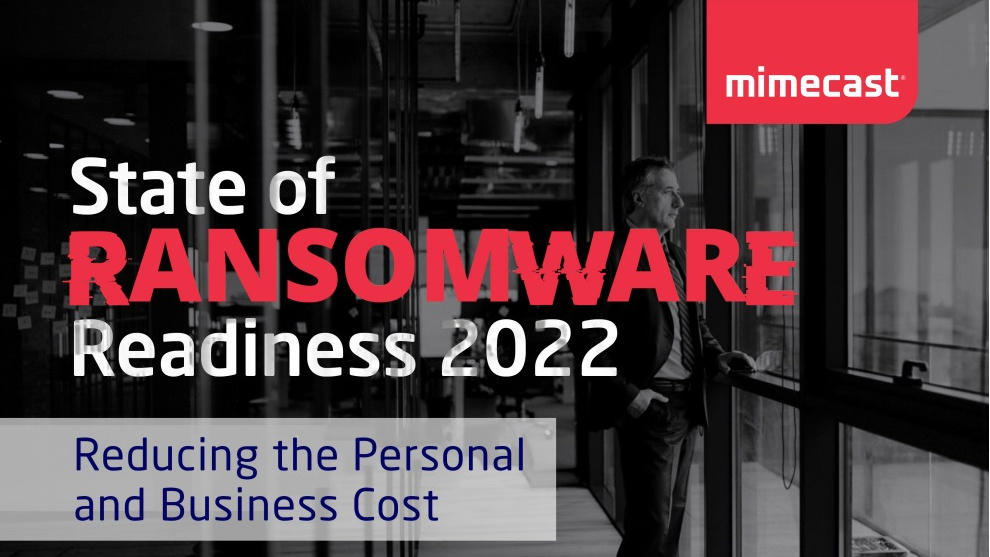 State of ransomware readiness 2022
State of ransomware readiness 2022Whitepaper Reducing the personal and business cost
By ITPro